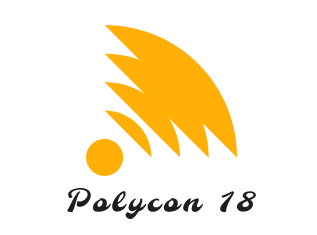Petrochemical plants and factories are considered to be the highly challenging water-treatment environments that impair your cooling water system. In such a scenario, you need to optimize your cooling system by implementing a new integrated treatment program.
The system makes use of stress-proof chemistry, real-time supervision of performance, and active-based control that offers distinctive capabilities. Let us look at ways to optimize your cooling system.
Factors that negatively impact your cooling water system
Due to the high heat fluidities, process leaks, extreme pressure on consumable budgets, and tough water conditions, water-treatment programs have to work under the maximum amount of stress. This eventually results in formation of corrosion and entangling that endanger the integrity of assets and enhance the total operational cost.
Merus Online is a trusted place to find cooling water treatment to get rid of corrosion, biofouling, and deposits in your cooling system. Their effectively designed water treatments help to ensure that your system remains in the best operational state.
What is needed to protect the cooling water system?
Corrosion, contaminated wastewater, and scale are all considered to be the typical procedures that a refinery has to deal with. Effective and practical ways are required to safeguard your system against rust. It can assist in maintaining healthy systems, improving its operational efficiency, and improve cost savings for the organization in the long run.
Mechanical analysis
The first method by which you can optimize your cooling system is Mechanical Analysis. By using this method, a complete profile of a cooling water heat exchanger is made that aims at the temperature of the skin, the velocity of heat flux, and water that eventually leads to the formation scale, corrosion, and entanglement. This endangers the integrity of assets and enhances total operational cost for each heat exchanger.
The design of the heat exchanger and metallurgies are recognized and used in the assessment of its reliability. An elaborate drawing describes the circulation of water throughout the unit that is used in the identification of the problem and the determination of upgrade solutions.
The newly created mechanical profile aids in the identification of all those systems stress that impacts the water treatment program. This type of analysis recognizes the low flow of water, and high temperatures that enhance the likeliness of corrosion, and scale in the system.
Chemical analysis
This is another way to optimize the cooling water system. The method evaluates water and the chemistry of its treatment. It pays specialized attention to all those differences that can happen in the water.
This critical data with mechanical and operational information helps in modeling corrosion, and scale conditions that exist in the heat exchanger, and the cooling water system.
This technology performs sensitivity analysis that quantifies the effect of operational, chemical, or mechanical modifications on the reliability, and cost of the system.
Conclusion
Looking at the critical water conditions, it is very important to devise ways to optimize the working of cooling systems. The new approach helps in systematically addressing cooling tower issues.
